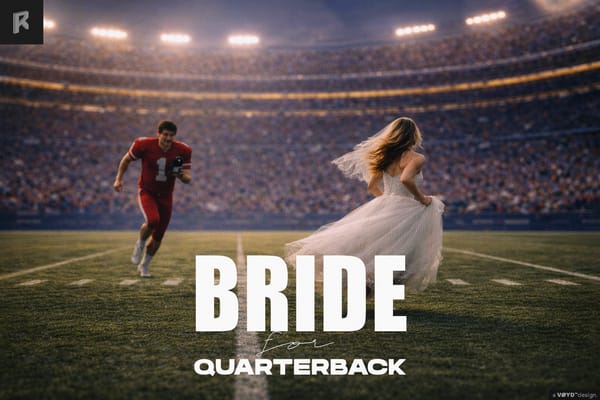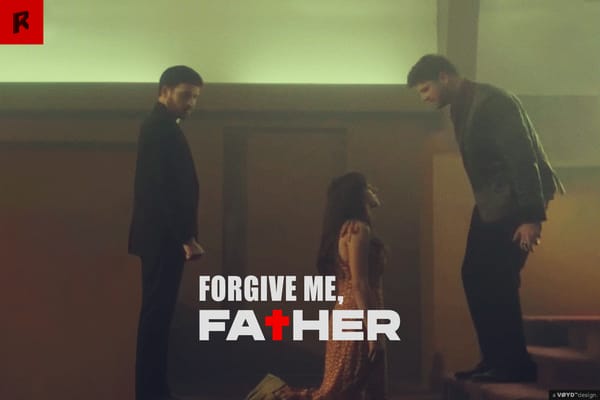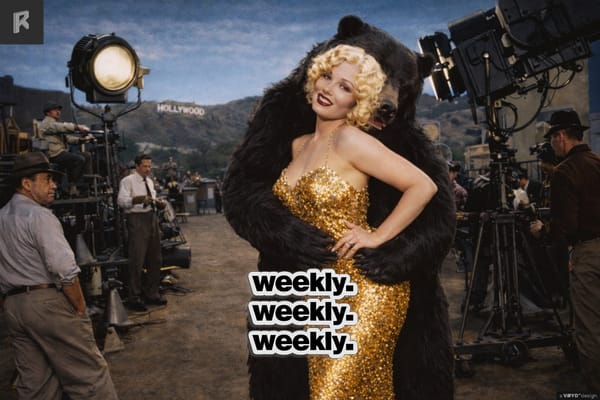Vertical Short Drama Writing Advanced 2: 5 Click-Me Scenes That Actually Convert
Advanced craft for vertical storytellers. Scene grammar over slogans.

Short drama ads are not detours. They are modular episode beats you export to the feed and then snap back into your ninety second rhythm. If the beat cannot rejoin the episode without surgery, you are buying views, not growth.
Here, a hook means a self contained story unit that works inside one minute. It must attract the click in the feed and then fit neatly back into the episode so the story never feels broken.
Think of the following patterns as grammar rather than formula. One prop, one rule, one turn. Earn the flip, cut on the question, give the audience a clear reason to keep watching.
Public counter shaming
What the audience feels first is justice becoming visible in public. The space should do half the acting. Elevators, registrars, hotel lobbies, any place where witnesses cannot slip away. The reversal lands only if you planted proof earlier in the frame. A ring engraving, the corner of a receipt, a tiny record light that was already on screen.
In about sixty seconds the beat breathes like this. An accusation arrives, pressure builds, options narrow, evidence flips the room, the hero walks away and leaves one clean question hanging.
This is a replaceable example. Rewrite the lines to fit your characters but keep the evidence, the visible rule, and the turn.
Villain: “Apologize or leave.”
Hero: “Fine. Then explain why your ring is engraved with my name.”
Onlooker, hushed: “Wait. She has proof.”
Do not conjure a miracle witness at the last moment. If the turn is not earned, the audience will feel the scene being forced.
Identity reveal
The first feeling here is sudden contradiction. One piece of information relabels the entire room. Poor to heiress, intern to owner, stepmother to undercover. Park the reveal at the end of episode one or the open of episode two. That is where the paywall can cash curiosity without a speech that kills momentum.
Let the camera explain through an object or a mark that was always visible. A signature on page two, a badge nobody noticed, a key card that reframes the power.
This is a replaceable example. Keep the proof and the rule in frame, then let the turn land clean.
Boss: “Sign the NDA. You are replaceable.”
Hero: “I wrote it.”
Lawyer: “She is the silent partner.”
Cut on the why. Do not follow a good reveal with an encyclopedia.
Forced intimacy
The audience locks onto proximity before any clever banter. Two people who should not be close now share breath. A car trunk, a storage closet, cuffs on the wrong wrists. Give the constraint texture and rotate it across episodes so the trope escalates instead of looping in place.
This is a replaceable example. Keep the physical constraint, the rising risk, and a tiny confession or tiny threat.
Hero: “Breathe quieter.”
Rival: “You smell like trouble.”
Guard, off: “I heard something.”
Keep the tension consensual. The point is charge, not coercion.
Family crisis
The audience runs the moral math and the money math at the same time. Bills, ultimatums, forms with deadlines. Institutions make stronger antagonists than a cartoon uncle. Hospital corridors, courthouse steps, kitchen tables under fluorescent hum. Audio stays clean and the stakes feel shared by anyone who has ever paid a bill.
Show one specific child behavior so the scene is not a prop parade. A wheeze that forces a choice, a chess piece clutched in a small hand, a school notice that cannot wait.
This is a replaceable example. Keep the concrete cost and the deadline that points to the next episode.
Uncle: “She pays or she leaves.”
Hero: “Put it on my name.”
Nurse: “Then you have twenty four hours.”
Do not recite the family tree. Give us the price of the next chapter.
Power misalignment
The audience loves an unfair game that flips for the right reason. Choose a space ruled by procedures and let the hero win by mastering the rulebook instead of breaking it. Seed the rule on screen before it matters. A wall notice, a clause on a form, a protocol card on a lanyard.
This is a replaceable example. Make sure the rule appears clearly before the turn and let the room react as a chorus.
Dean: “You have no credentials.”
Hero: “I have your signature.”
Crowd: “Check page two.”
An ethical loophole feels smarter and more satisfying than a magic clause that appears from nowhere.
Stitching the ad beat back into the episode
Ad beats die when they live in a separate universe. Place public counter shaming as the biggest story beat before the cut in episode one, roughly around the thirty five to fifty five second mark, so the reversal feels earned. Let the identity reveal end episode one or open episode two. If you are using forced intimacy, change the lock each time so escalation is real. Cuffs become one bed cover, which becomes a fake couple cover, which becomes a contract clause that traps them together. Echo the ad line once inside the episode with a twist. I wrote it becomes I rewrote you out. That echo is memory glue.
Building a hook bank without turning your studio into a spreadsheet
Two afternoons are enough. Pull one hundred high performing ads in your lane. Watch with a pencil. Note the hook type, the setting, one prop, one visible rule, the time of the turn, and what the final cut is selling. Cluster by pattern. Lobby with document, car with siren, kitchen with bill. Write ten tiny scenes using the patterns above.
On Meta, aim for the conversions goal once your pixel shows purchase signals. If you are truly cold, warm up with video views for a short window and then switch to conversions within a day or two. On TikTok, the same hook burns faster. Rotate two or three versions sooner and put a human face on screen at the very first second with on screen text that can be read without sound. On YouTube and Google, returns arrive slower but steadier. Place your paywall after the hook has appeared for the second time and do not panic if day zero looks softer.
The usual ways good money dies
Last second rescues that appear from nowhere. Hooks that sell a show you did not actually write. Exposition that sits on a reveal until the scene goes flat. Reskin thinking where you change faces but never change the underlying rule. When in doubt, return to the grammar. One prop. One rule. One turn. One question that sends the viewer forward.






